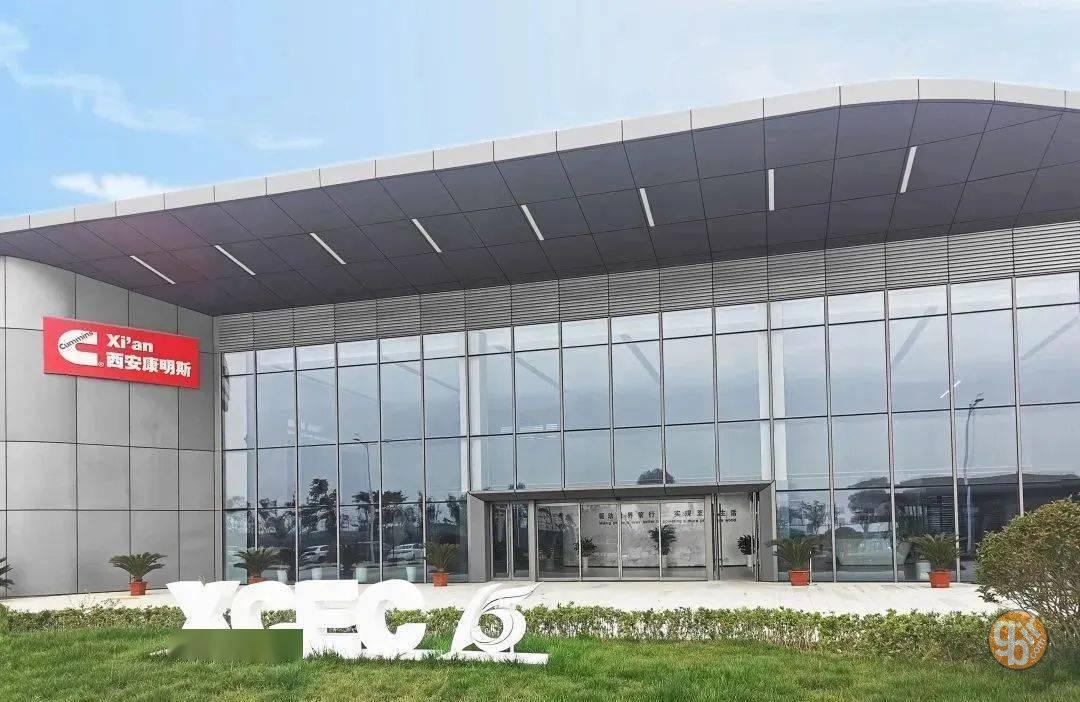JOZ is a Cummins authorized dealer, specializing in a full range of engines and parts with displacements ranging from 2.9 to 60 liters and power outputs from 60 to 2700 horsepower. These engines are suitable for oilfield equipment, dump trucks, excavators, bulldozers, loaders, and generators. JOZ has established close partnerships with Dongfeng Cummins, Chongqing Cummins, Deutz, HND, Weichai, and Yuchai engine manufacturers.
https://joz-engine.com/cummins-engines/
In addition, we offer competitive wholesale pricing and reliable after-sales service. Our dedicated team of engineers and technicians provides technical support, including offline services, to meet customer needs.
Competitive Pricing
CCS/IMO certifications
Sample testing support
Overseas engineer services
CCEC/DCEC factory tours
Real-time shipment updates
We are committed to providing reliable engine solutions to all customers, regardless of project size. For more information about our sales and services, please call +86-18523737831, email us at info@joz-engine.com, or contact us directly via our online inquiry form.
https://joz-engine.com/cummins-engines/
In addition, we offer competitive wholesale pricing and reliable after-sales service. Our dedicated team of engineers and technicians provides technical support, including offline services, to meet customer needs.
Competitive Pricing
CCS/IMO certifications
Sample testing support
Overseas engineer services
CCEC/DCEC factory tours
Real-time shipment updates
We are committed to providing reliable engine solutions to all customers, regardless of project size. For more information about our sales and services, please call +86-18523737831, email us at info@joz-engine.com, or contact us directly via our online inquiry form.
JOZ is a Cummins authorized dealer, specializing in a full range of engines and parts with displacements ranging from 2.9 to 60 liters and power outputs from 60 to 2700 horsepower. These engines are suitable for oilfield equipment, dump trucks, excavators, bulldozers, loaders, and generators. JOZ has established close partnerships with Dongfeng Cummins, Chongqing Cummins, Deutz, HND, Weichai, and Yuchai engine manufacturers.
https://joz-engine.com/cummins-engines/
In addition, we offer competitive wholesale pricing and reliable after-sales service. Our dedicated team of engineers and technicians provides technical support, including offline services, to meet customer needs.
Competitive Pricing
CCS/IMO certifications
Sample testing support
Overseas engineer services
CCEC/DCEC factory tours
Real-time shipment updates
We are committed to providing reliable engine solutions to all customers, regardless of project size. For more information about our sales and services, please call +86-18523737831, email us at info@joz-engine.com, or contact us directly via our online inquiry form.
0 Comments
0 Shares
3K Views
0 Reviews





